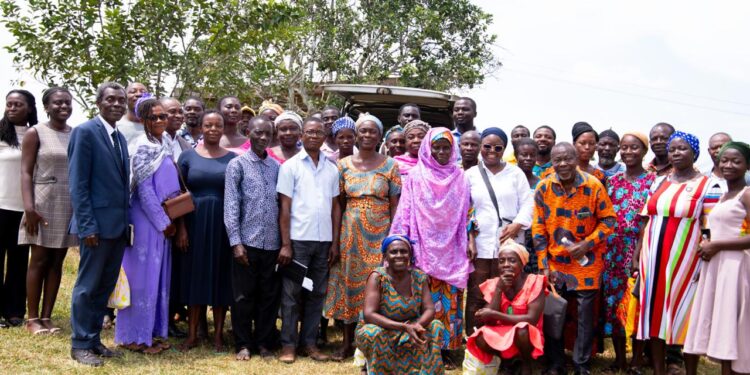School of Sustainable Engineering at the University of Cape Coast has held its maiden stakeholder engagement on the value chain of cassava starch production.
One aspect of the engagement was held at Abura Dunkwa in the Central Region and aimed at providing training on the post-harvest chain of cassava to farmers, processors and aggregators.
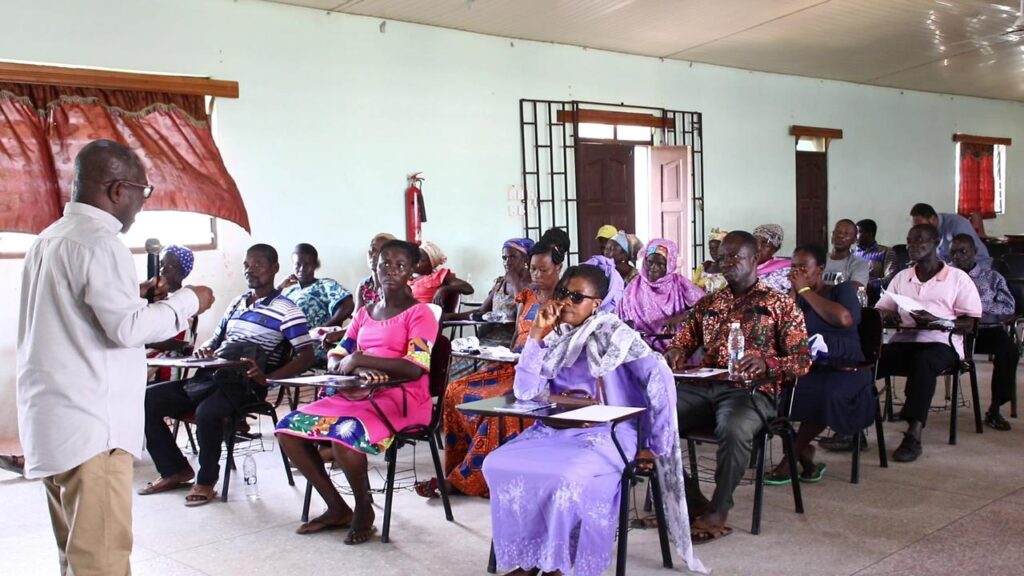
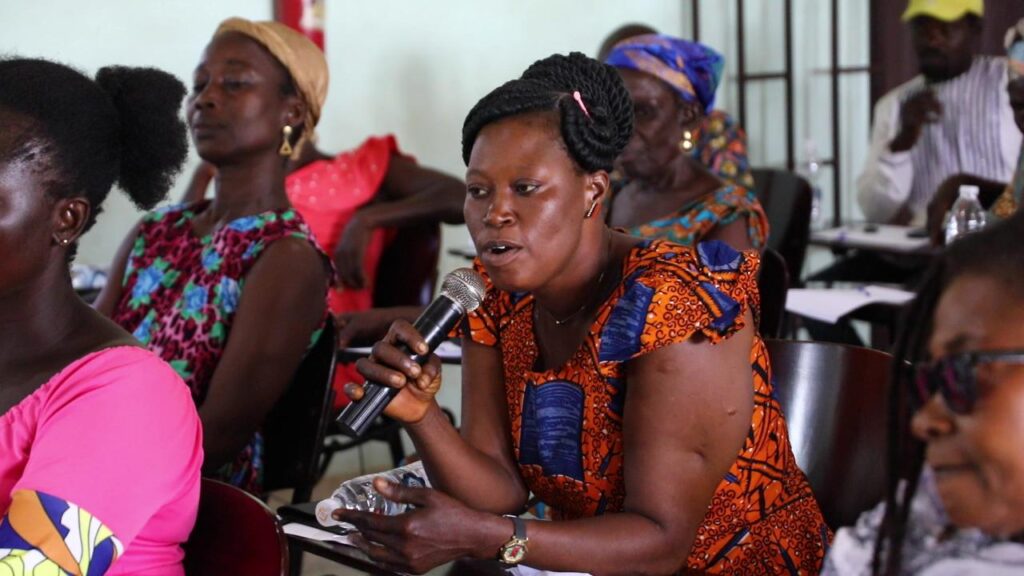
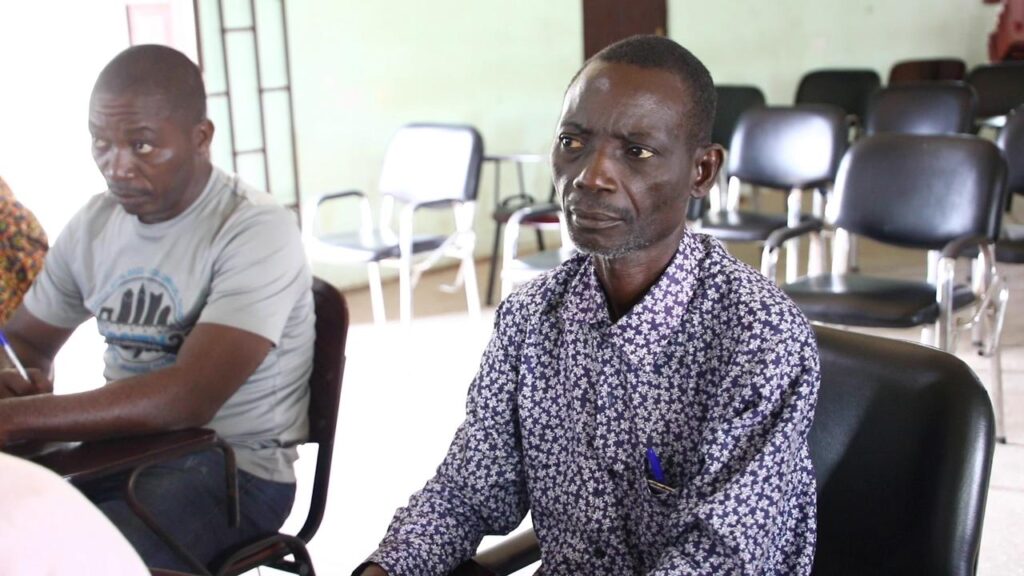
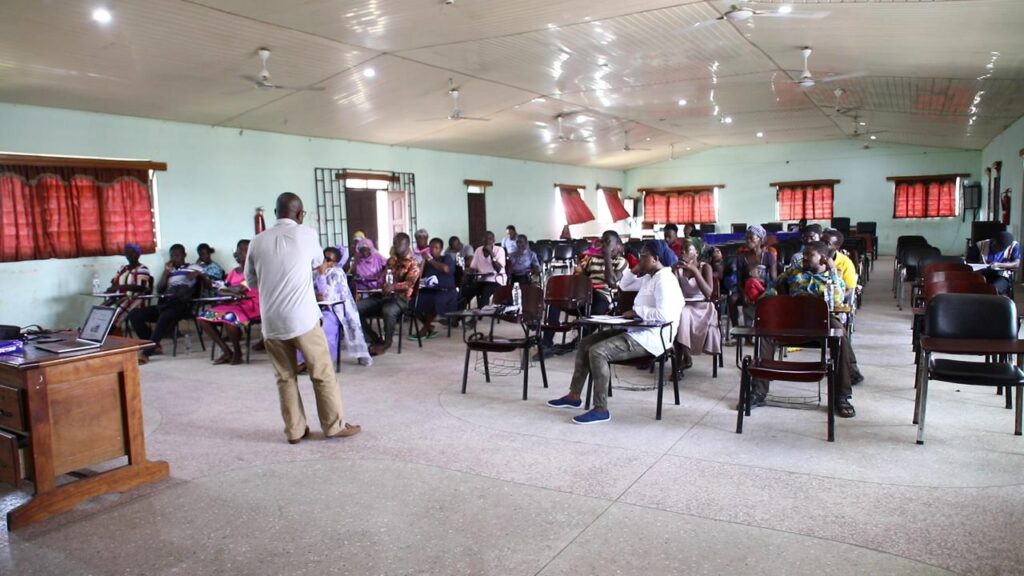
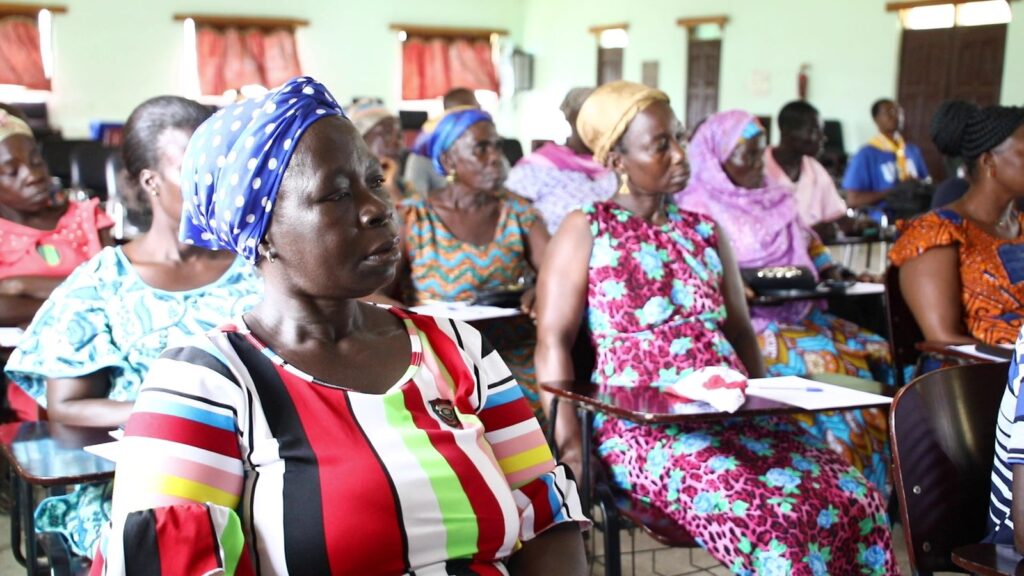
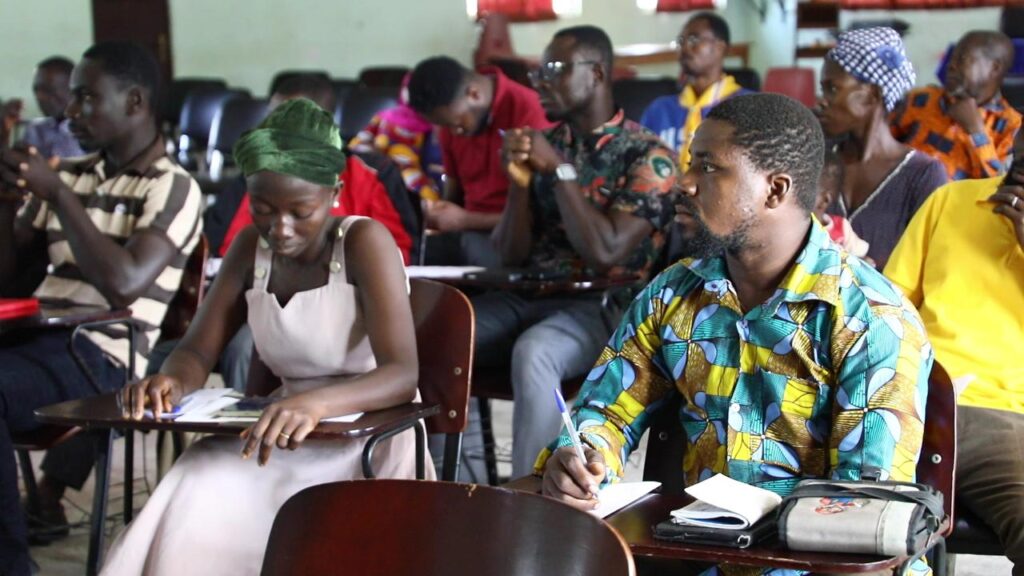
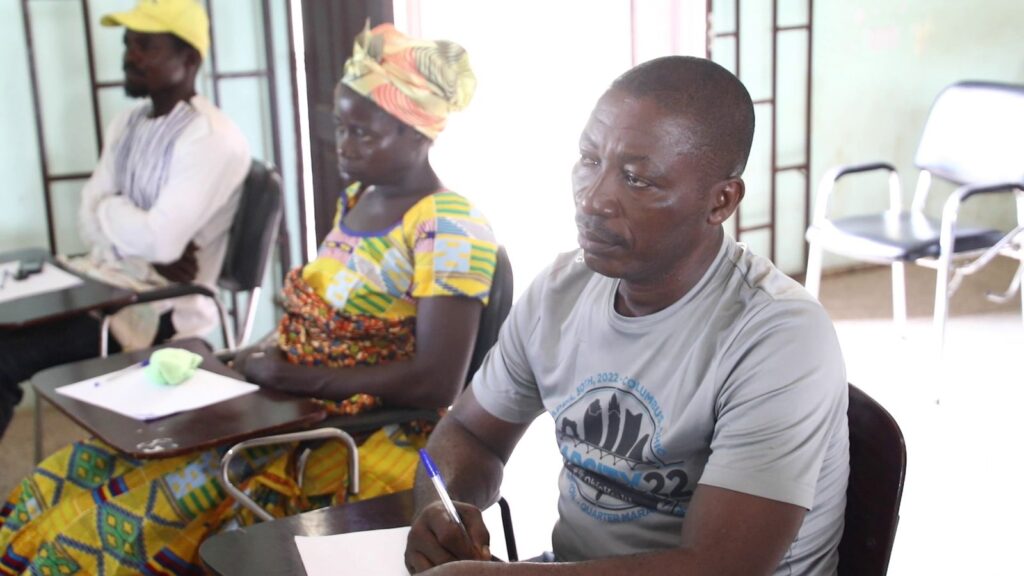
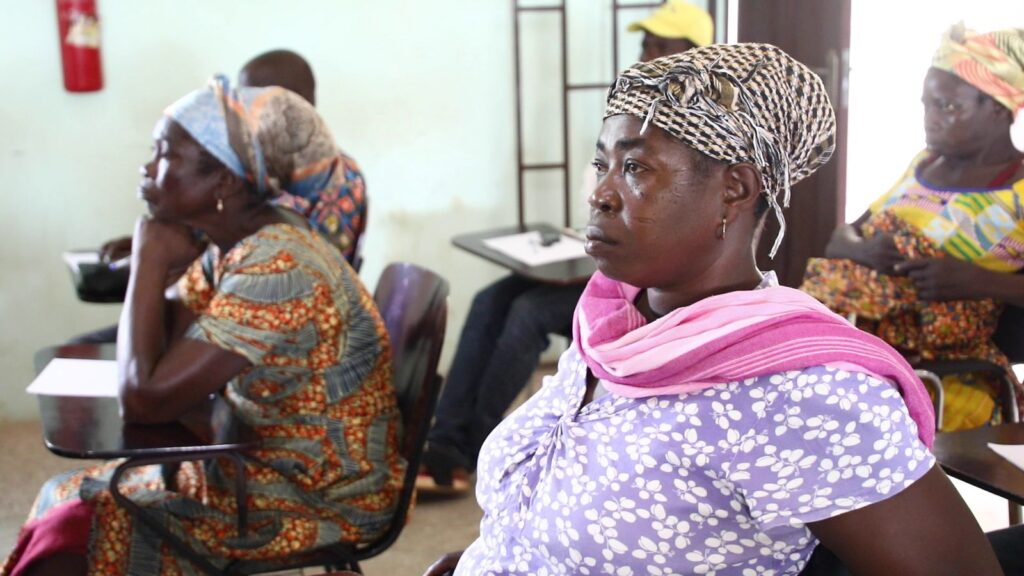
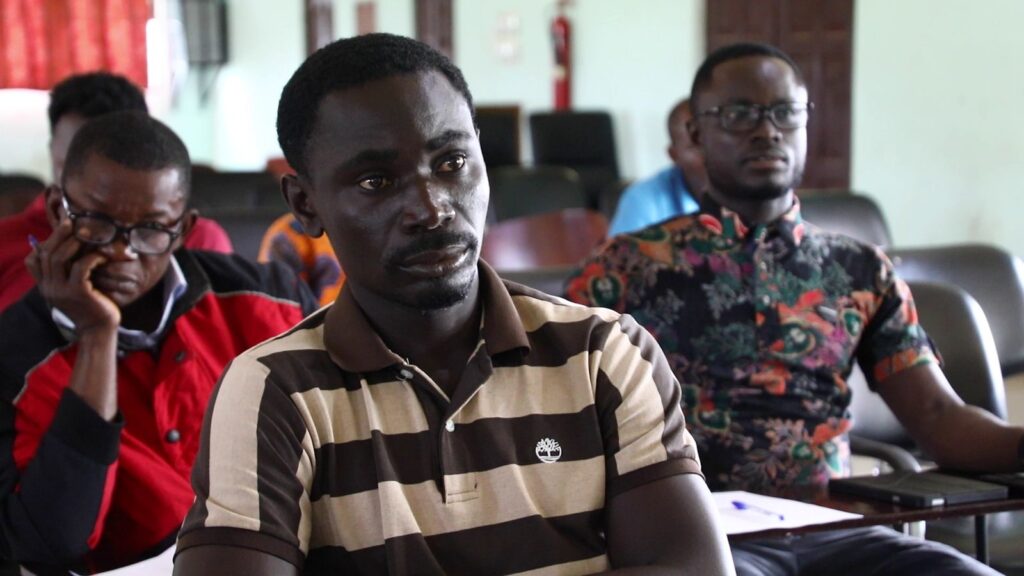

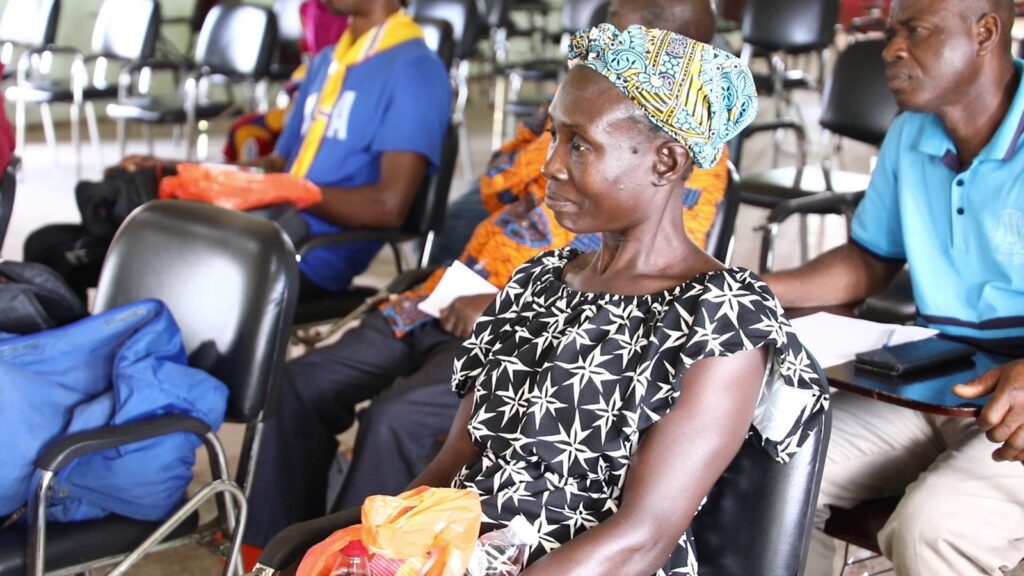
At the engagement, the Dean of the School of Sustainable Engineering, Professor Robert Sarpong Amoah described Cassava as a food security crop in Ghana. Still, he expressed concern that a large amount of harvested cassava goes to waste not in the hands of the farmer alone, but across the value chain.
Speaking on the topic, Best Postharvest Practices, Prof. Amoah revealed that Cassava deteriorates easily after harvest due to its high moisture content, and the engagement will offer the farmers training on how to handle cassava from harvesting to the marketing of the cassava roots.
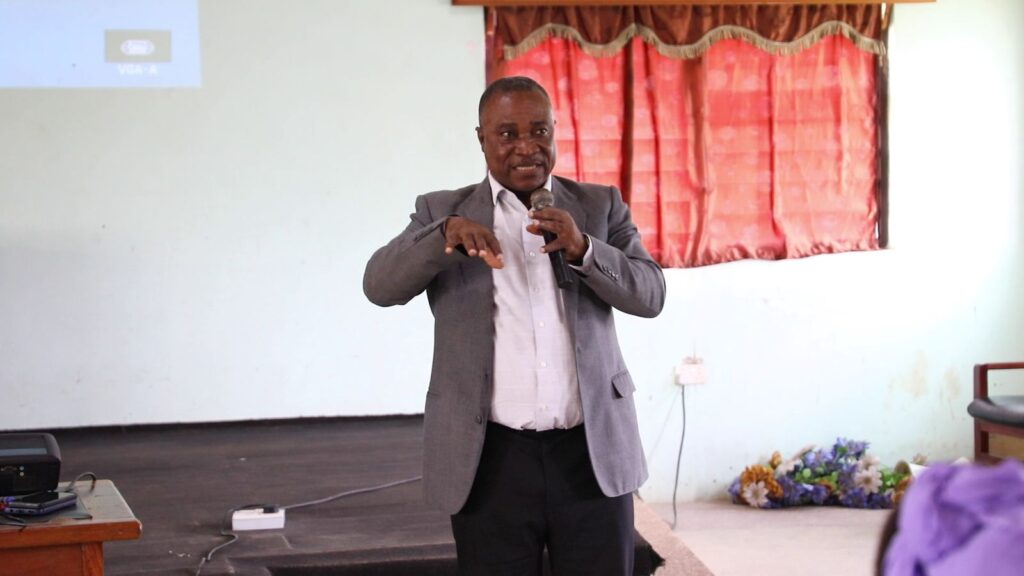
He maintains that the farmer must understand when to harvest and when to detect that the cassava roots are mature.
“They must have several indications of maturity, which include symbols like changes in the leaves. They would also use the planting date as an indicator and then there are also signs on the plant itself, which will indicate to them that it has reached maturity.”
“…But the most important thing for them to acknowledge is how to harvest the cassava because about 55% of the deterioration of cassava is in the harvesting, the process, and the procedure for harvesting.” He continued.
Prof. Sarpong Amoah mentioned that the engagement is also to build a platform to bring all actors in the cassava value chain together, adding that all these actors need to be linked up to enable them to understand each other, the challenges in the value chain, and how those challenges can be surmounted.
In a presentation on Best Agronomics Practices, an associate professor at the Department of Crop Science, UCC, Prof. Kingsley Taah indicated that cassava farmers must clear their farms on time, choose the right cassava variety, and ensure proper disease control in their farms to increase their yields.
“Weeds are a major problem. So, they must be advised because if you allow weeds to take over your crop, the yield is seriously affected.” He added.
Read NEWS @ atlfmnews.com
Source: Eric Sekyi/ATLFMNEWS

















